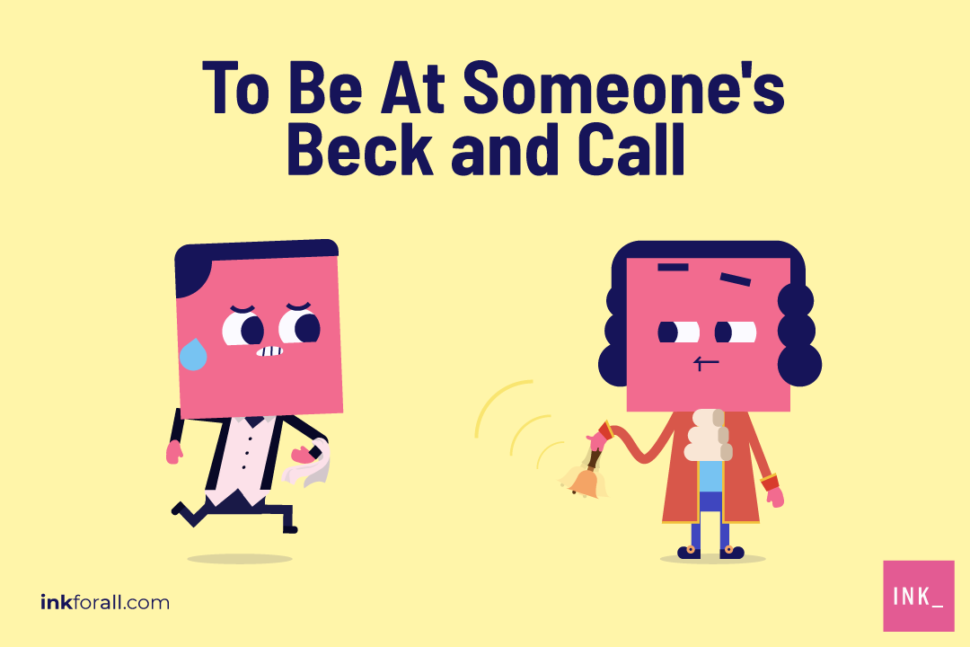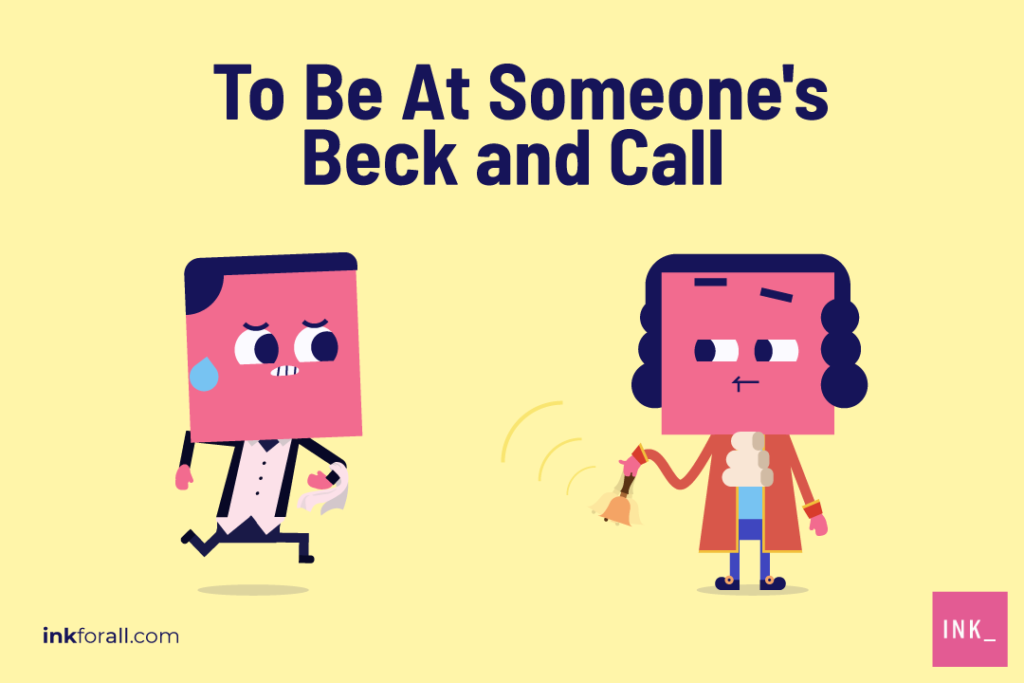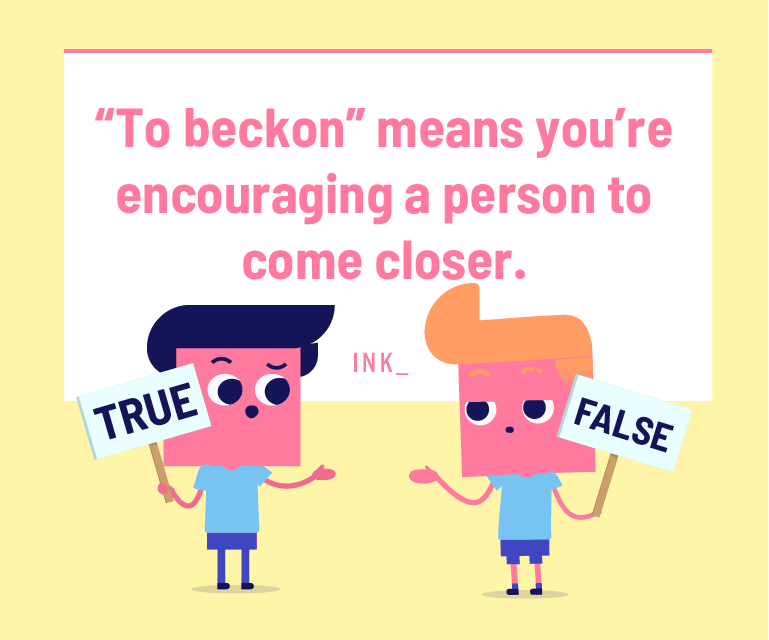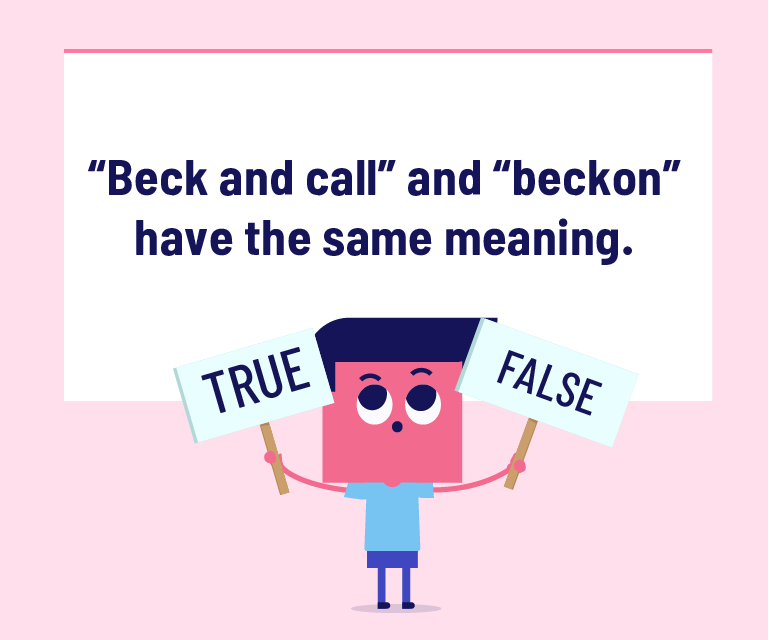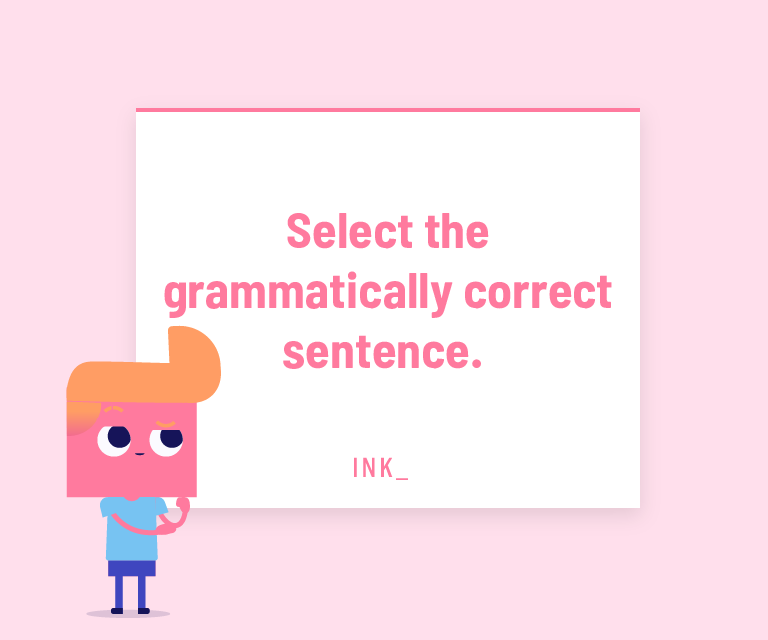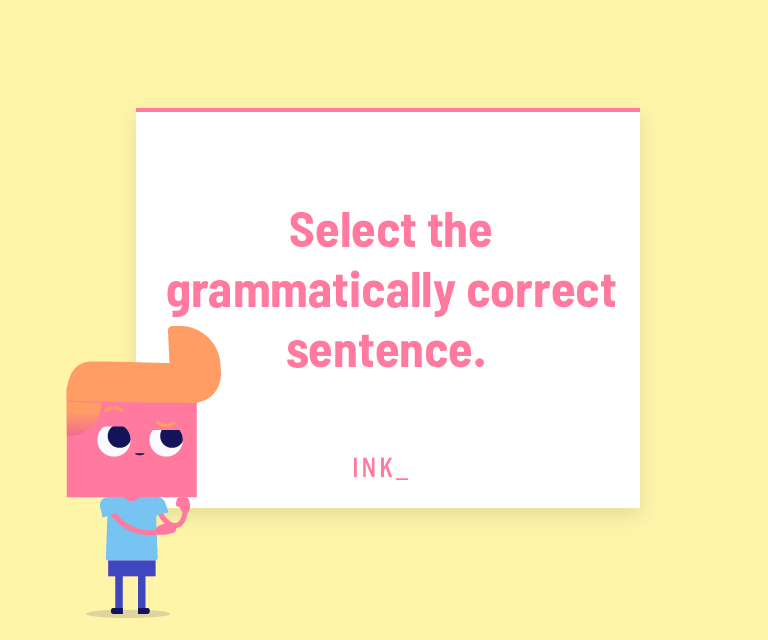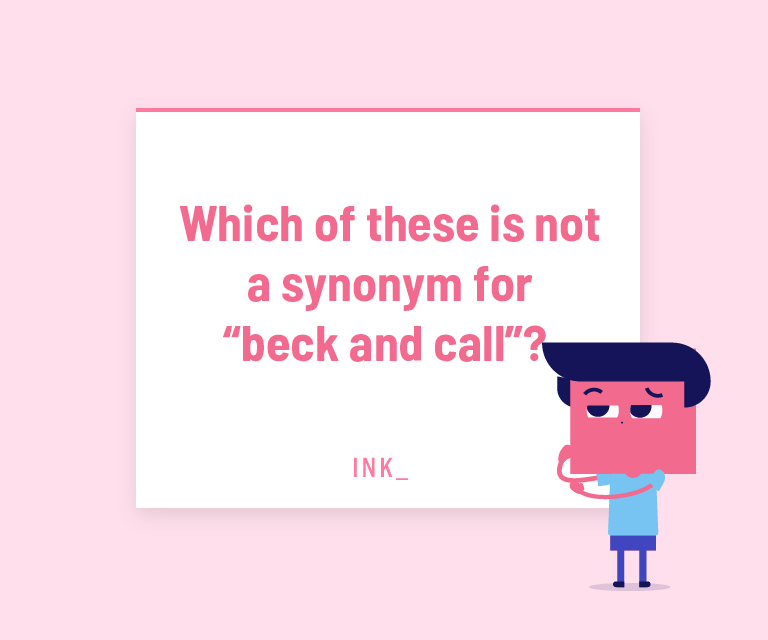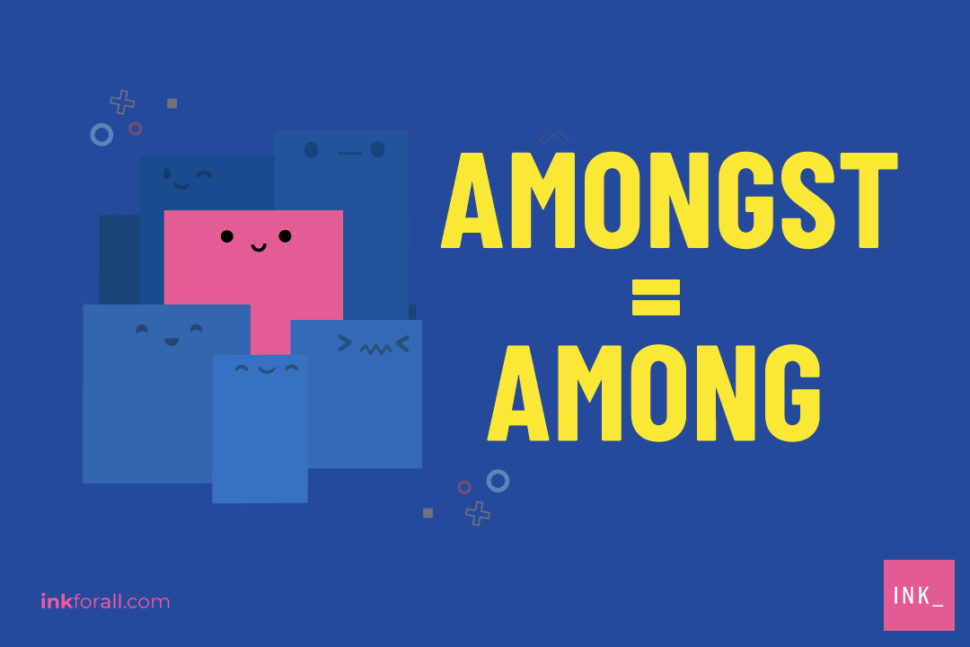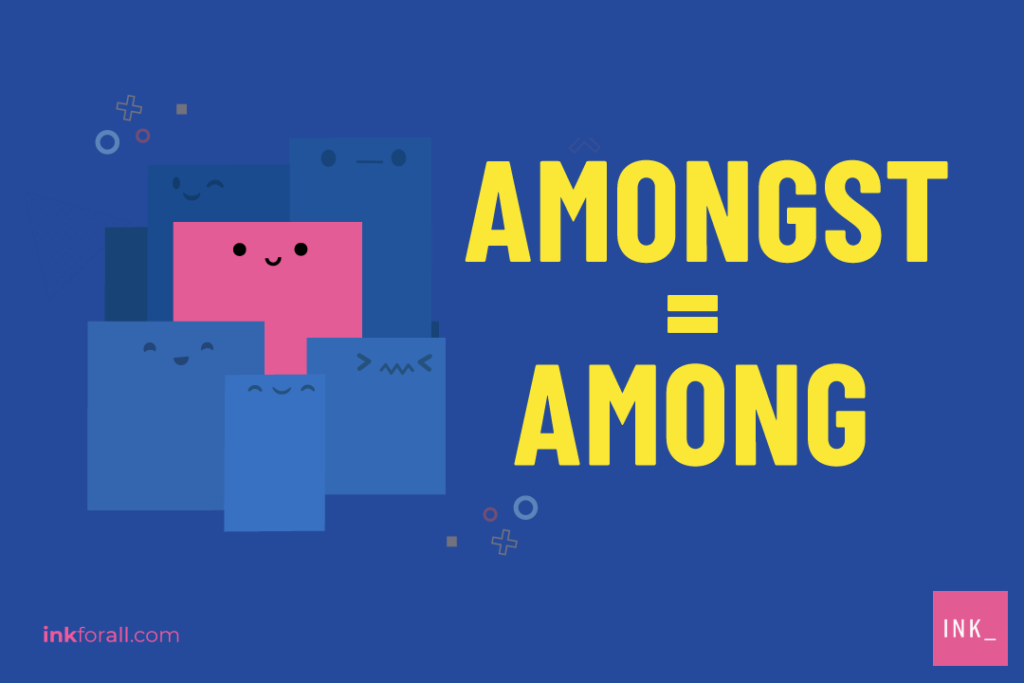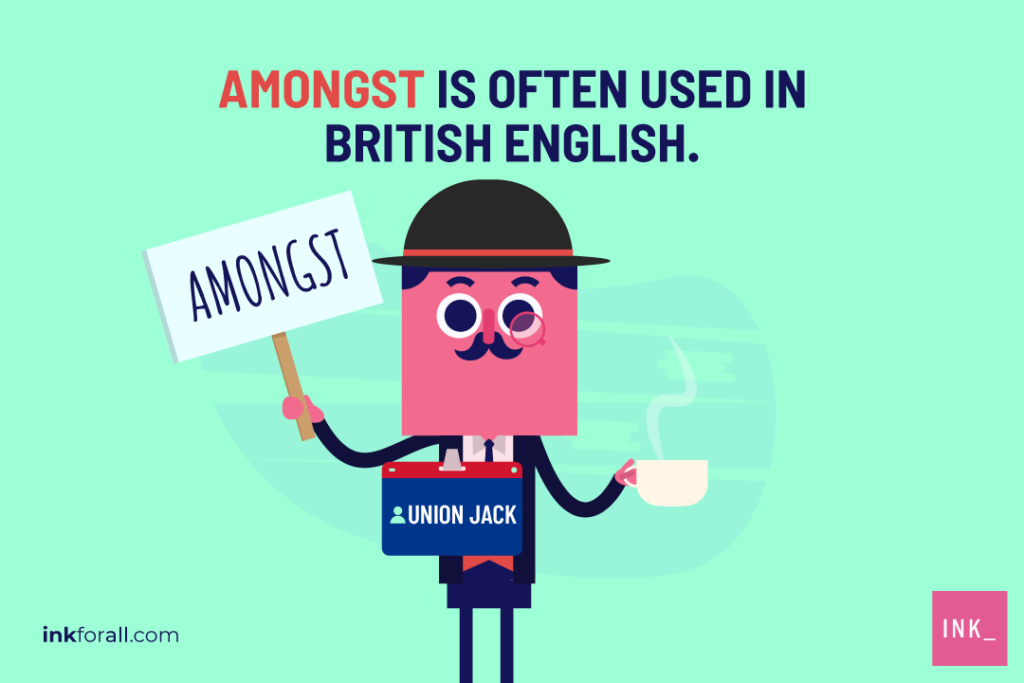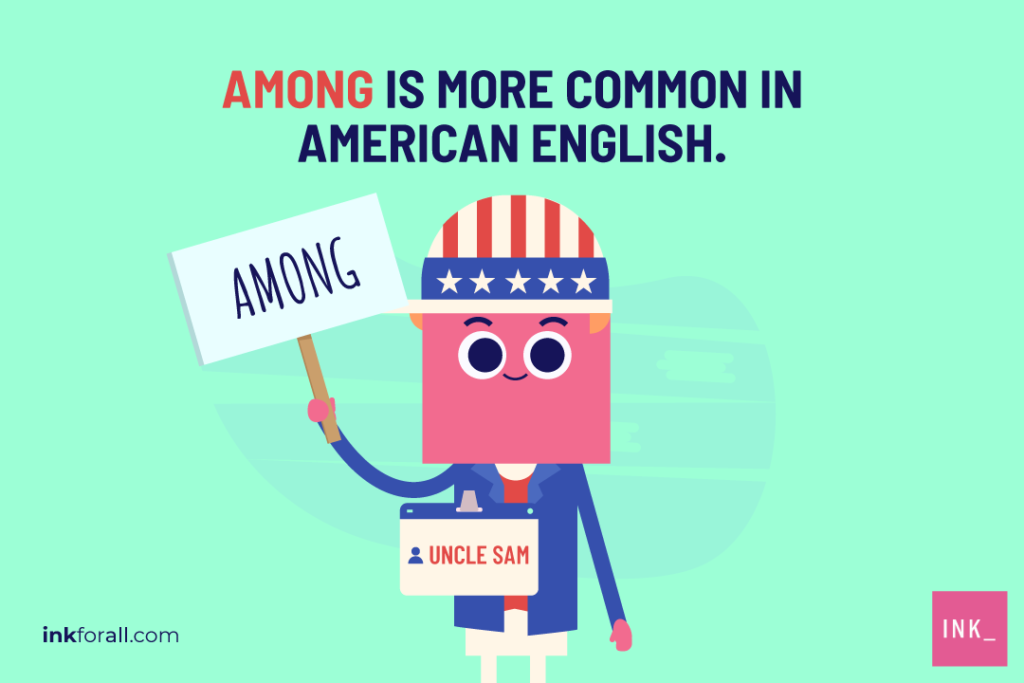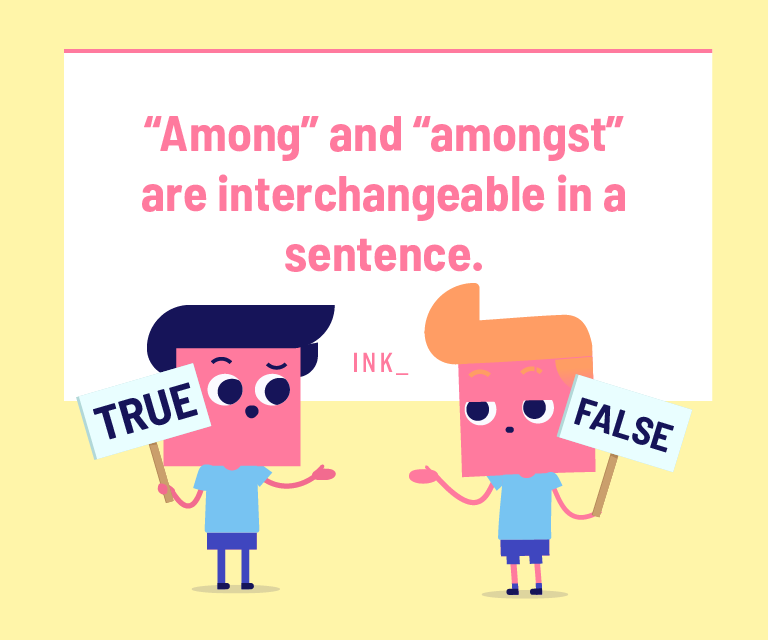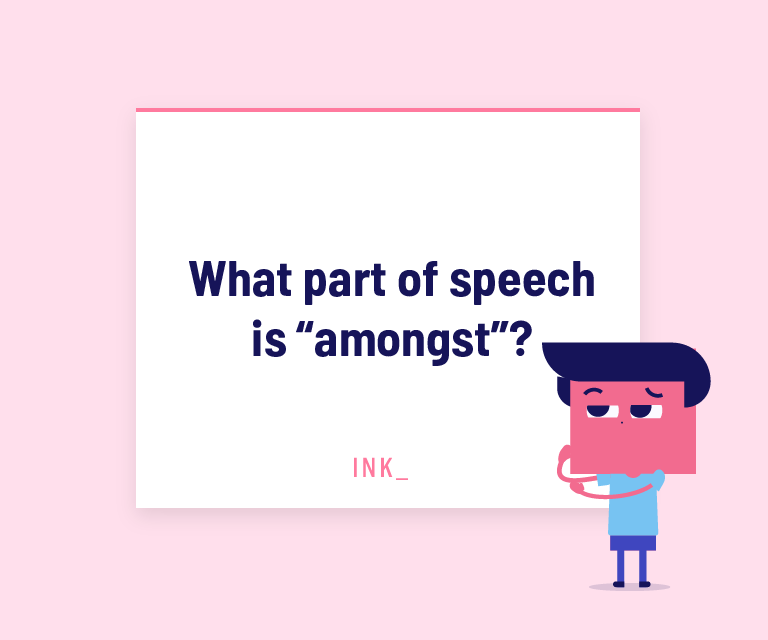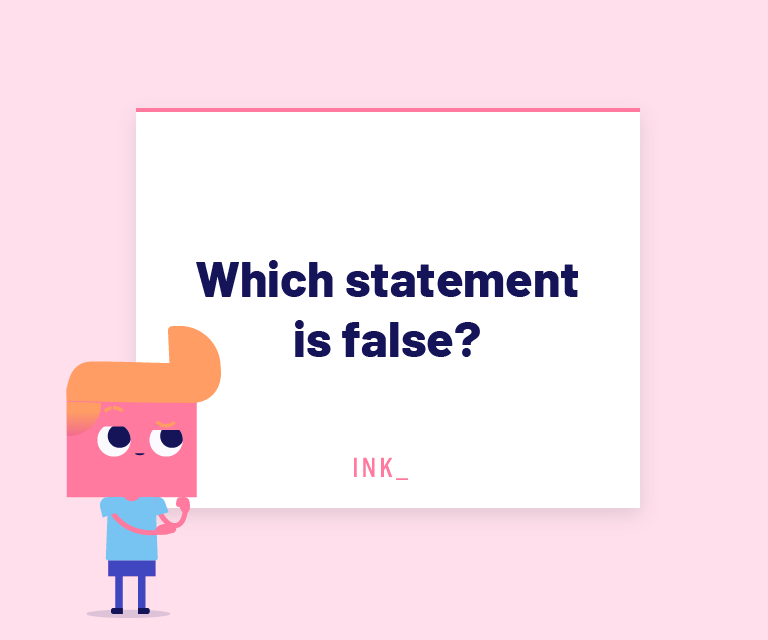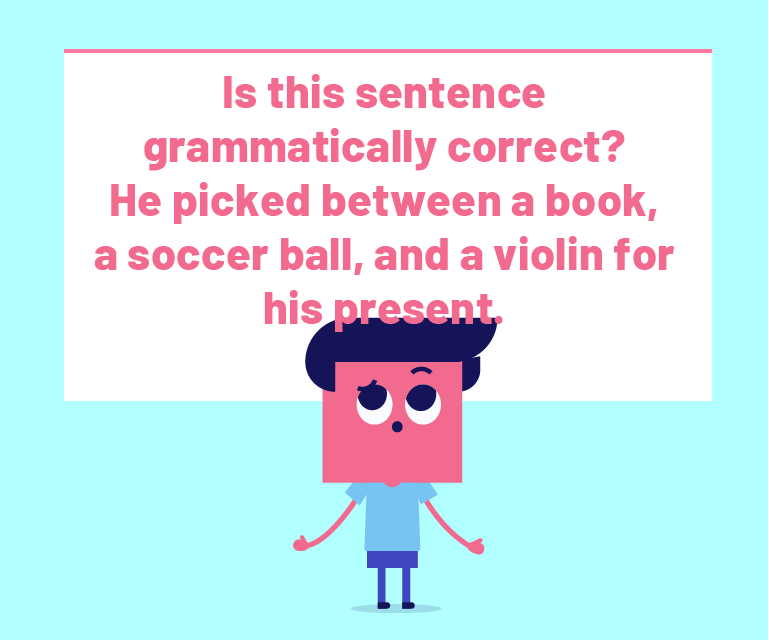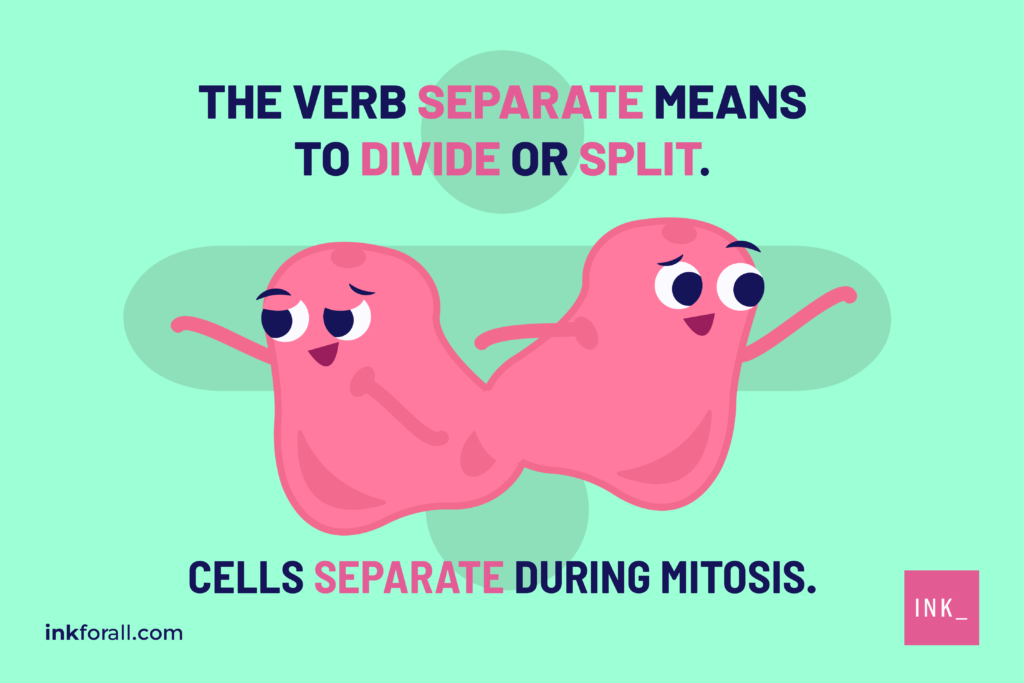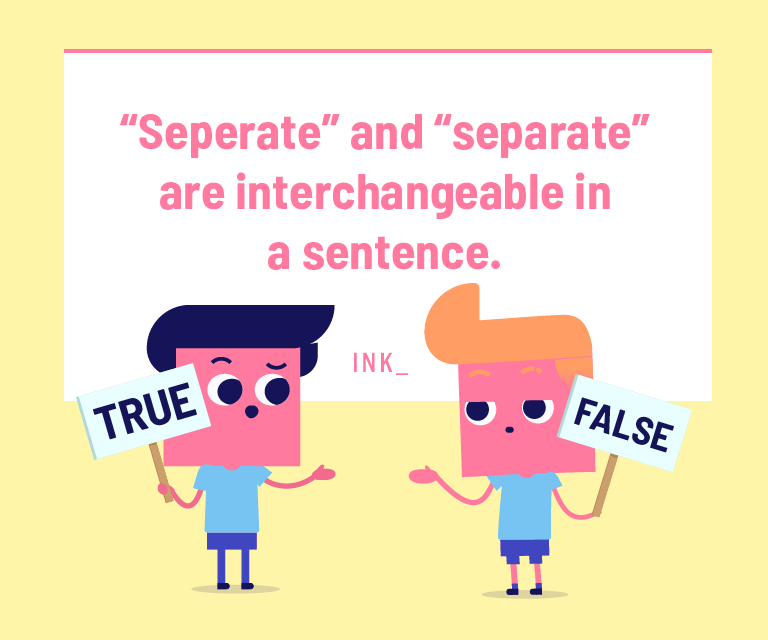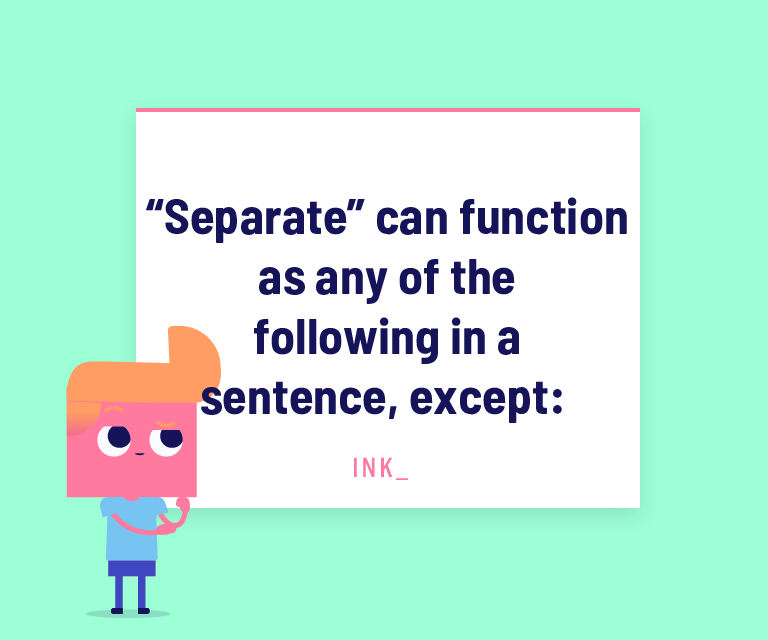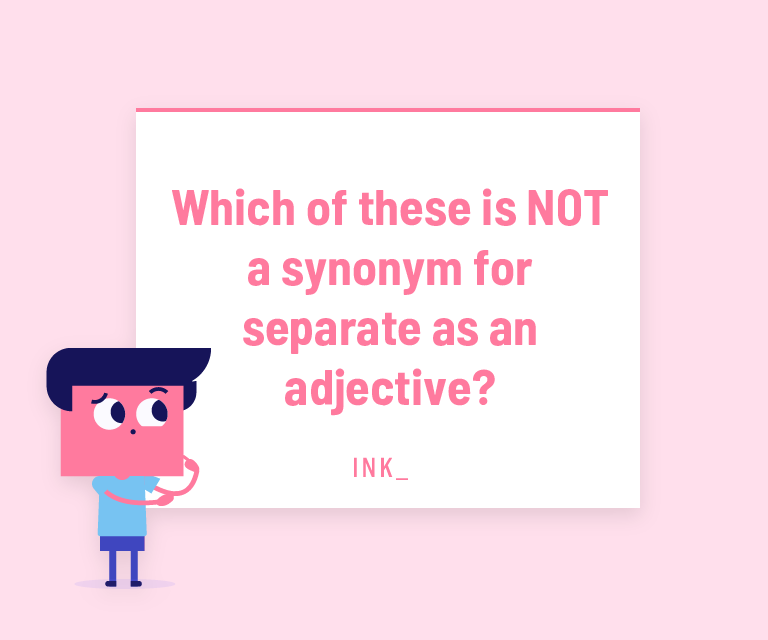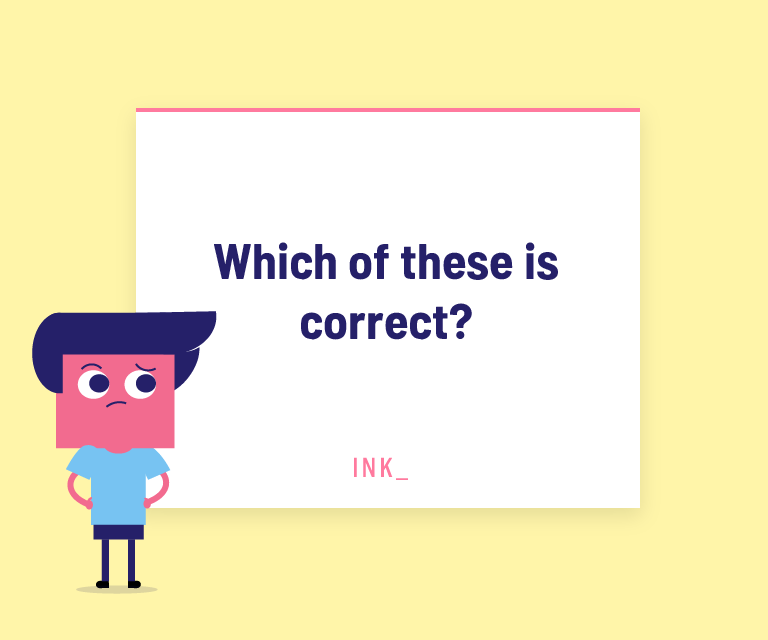Main Anytime vs. Any Time Takeaways:
- Anytime and any time are not always interchangeable
- When in doubt, use the two word version. It’s more formal.
- Anytime can be an adverb or conjunction.
- Test if anytime is an adverb by replacing it with an -ly word like quickly or easily.
- Test if anytime is a conjunction by replacing it with whenever.
- Any time is a noun phrase that refers to an amount of time.
- Use any time after a preposition like at.
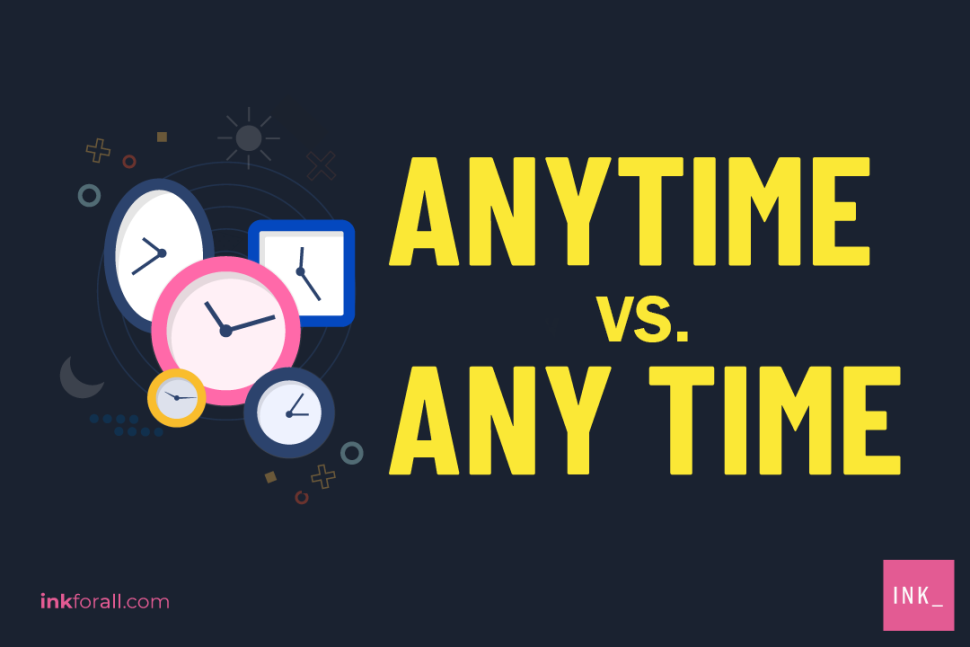

Is Any Time One Word or Two?
In the past, any time with two words was the standard. Now, anytime (one word) can be an adverb that means that something can happen whenever, no matter the location or date. The one word version can also be conjunction you can use in place of whenever. Any time (two words) is a noun phrase that refers to a specific amount of time. The two word version usually comes after a preposition, like in the phrase “at any time”.
You might also see people write any-time with a hyphen. However, hyphens are never necessary for words like anytime or sometime.
Since any time is nearly always acceptable, jot down the two-word version if you can’t remember which one is correct. Sure, it’s a bit old-fashioned and formal, but it works in most sentences.
What is the Difference Between Any Time and Anytime?
Other than the space, there are several differences between any time and anytime. First, anytime is an adverb or conjunction. On the other hand, any time with two separate words is a noun phrase that refers to an amount of time. What’s more, anytime comes after prepositions like at, as in the phrase “at any time.” Finally, any time is generally considered more formal than anytime. Consider using any time when writing a professional letter or email.
It’s usually grammatically correct to use anytime or any time unless the term follows a preposition.
When deciding between anytime vs. any time, ask yourself the following questions:
- Does this word follow a preposition?
- Am I discussing an amount of time?
- Am I writing for a formal audience?
If you answered yes to any or all of these questions, use any time with two words instead of anytime.
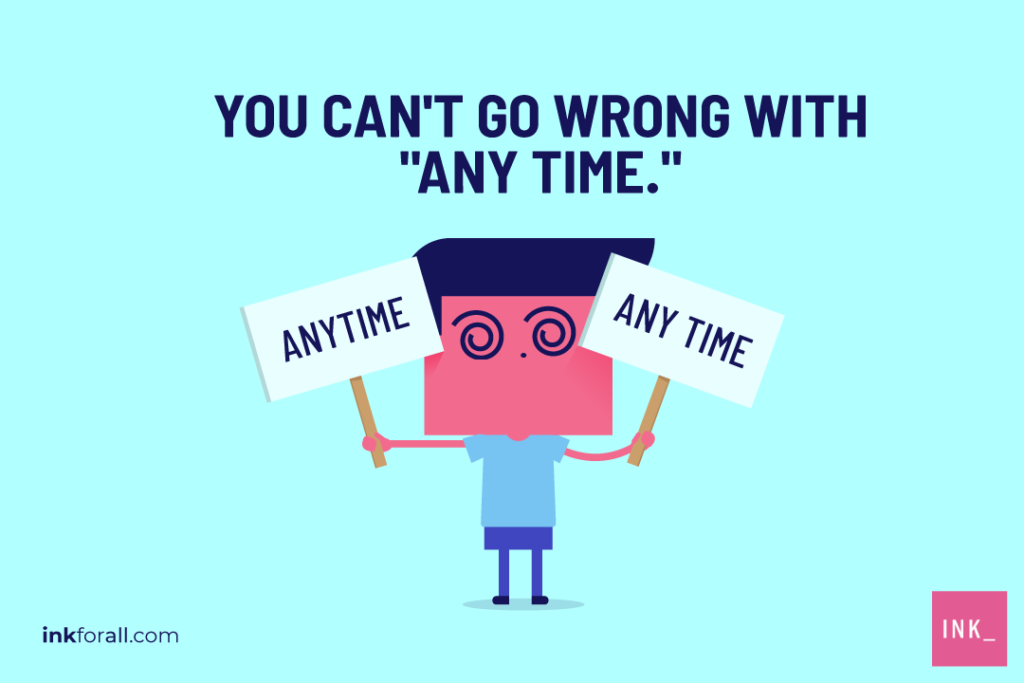

How Do You Use Anytime in a Sentence?
Anytime, without the space in between any and time, means whenever or at any time. When you tell someone you are available anytime, you’re directly implying that they can communicate with you at any time. Here are some examples of how to use anytime in a sentence:
- At any time
- Anytime at all
- Anytime soon
All in all, the way you use anytime in a sentence depends on whether you’re using an adverb, conjunction, or noun phrase.
For example, anytime is an adverb or conjunction. However, when you spell any time with two separate words, it’s a noun phrase.
1. How to use Anytime as an Adverb
If anytime is an adverb, then why doesn’t it end in -ly?
Yes, part of the reason that any time vs. anytime is so confusing is that adverbs often end in -ly. Even though it doesn’t, anytime can still function as an adverb.
Here’s an easy trick to test if anytime is acting as an adverb: Replace it with an -ly word like easily or quickly.
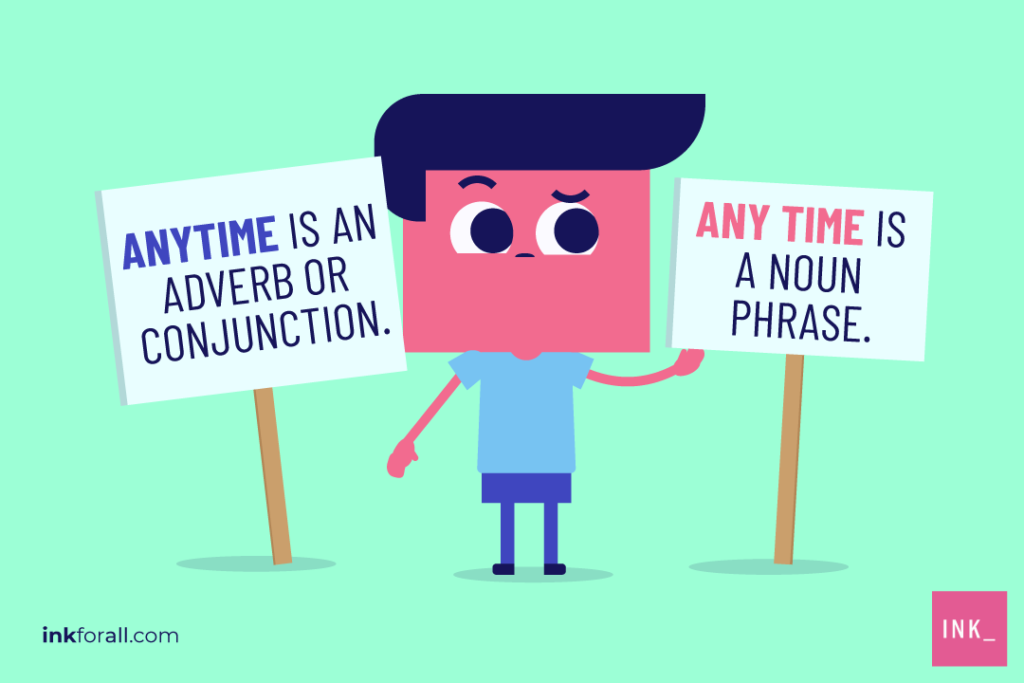

2. How to use Anytime as a Conjunction
Anytime often appears at the beginning of a sentence when it’s used as a conjunction.
Another way to test if anytime is acting as a conjunction is to replace the word with whenever. If the sentence still makes sense, you know that anytime as one word is correct.
Anytime vs. Any Time When Referencing Periods of Time
Choose the two-word noun phrase any time when mentioning a period of time.
You might respond to the questions above with the one-word adverb. “Sure, I can helpanytimetoday” is grammatically correct. That’s because you’re saying you can help whenever your boss needs you.
What is Anytime Soon?
Anytime soon refers to an event that will take place in the near future. It’s a bit confusing since anytime means whenever, and soon means after a short time. For clarity purposes, you may find it easier to just use one of these words.
What is the Difference Between Anytime and Everytime?
Anytime means whenever, while everytime means nearly always. However, everytime is not the preferred spelling, so use every time.
You can often use each time in place of every time.
After reading this guide, we hope you use anytime correctly every time.
Is it Anytime or Any Time? Let’s See What You’ve Learned
Anytime Question #1
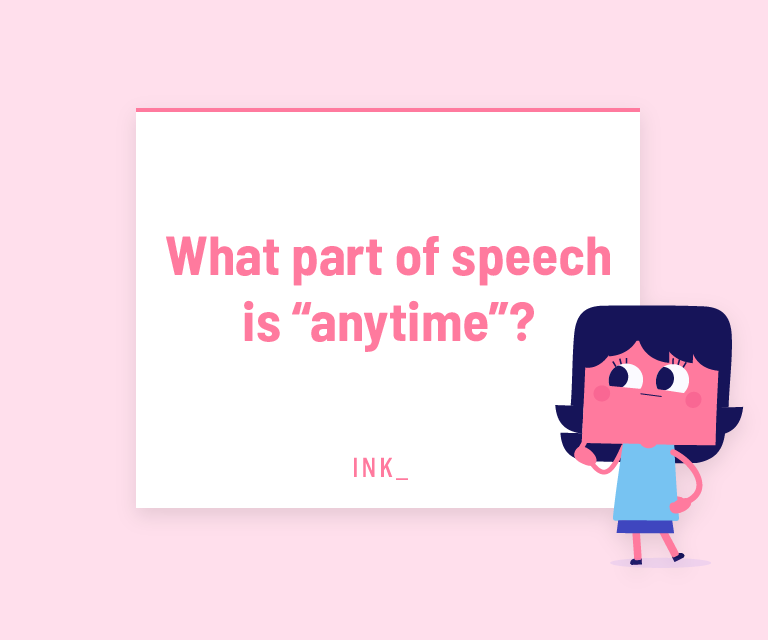

The answer is A. “Anytime” is an adverb that means something can happen at any time, regardless of the location or date. It can also function as conjunction.
Any Time Question #2
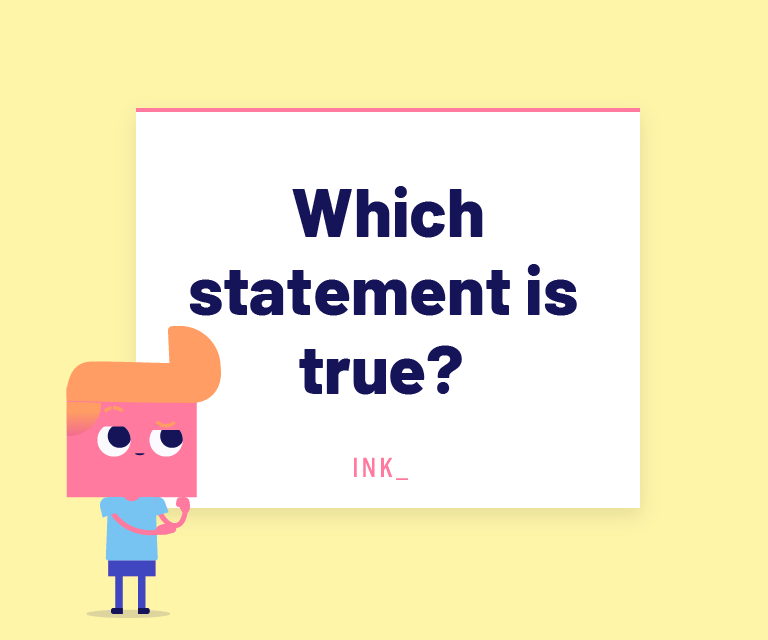

The answer is B. Although “any time” is a noun phrase, it can also function as an adverb.
Any Time or Anytime Question #3
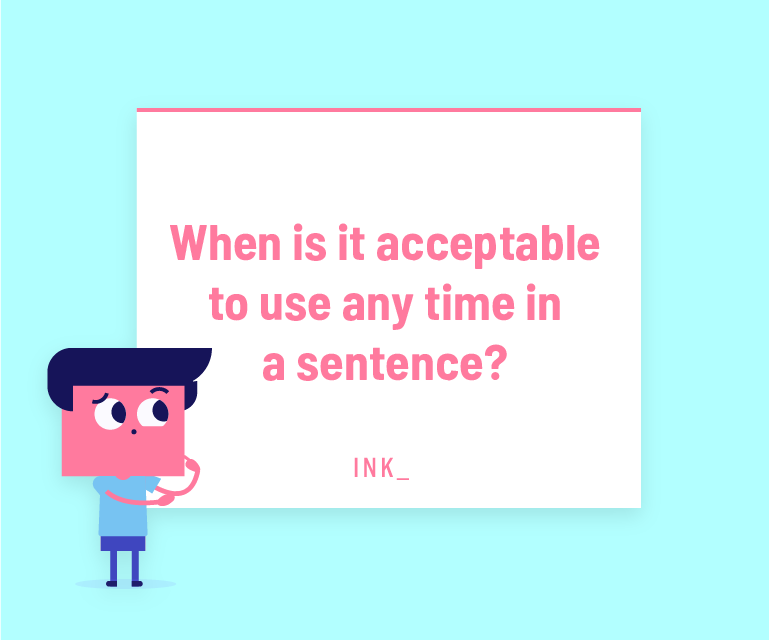

The answer is D. “Any time” works in most sentences.
Anytime vs. Any Time Question #4
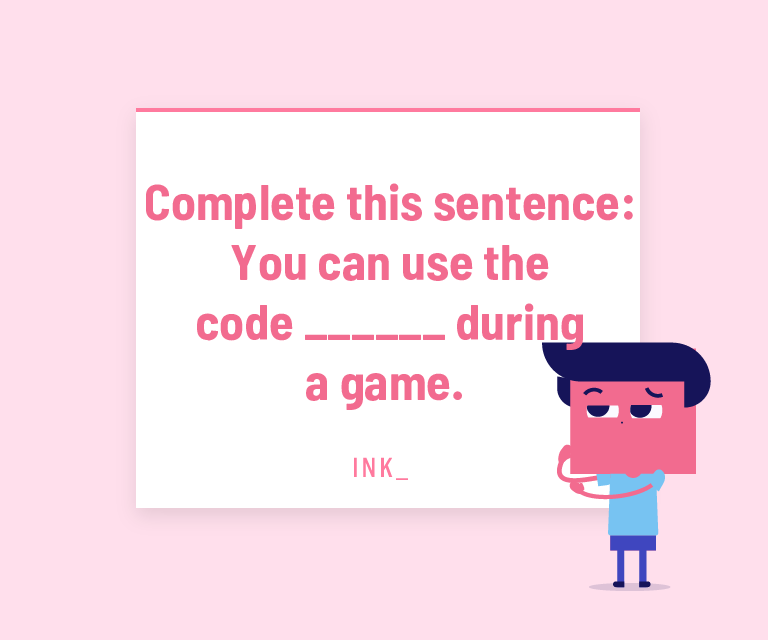

The answer is B. The one-word version, “anytime,” is acceptable when you're not using a preposition.
Any Time vs. Anytime Question #5
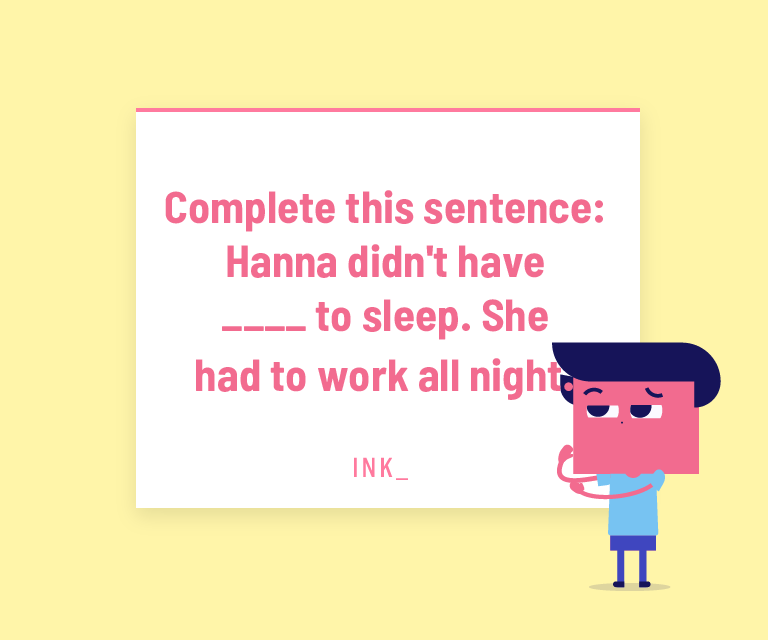

The answer is A. Choose the two-word noun phrase, “any time,” when referring to a period of time.

